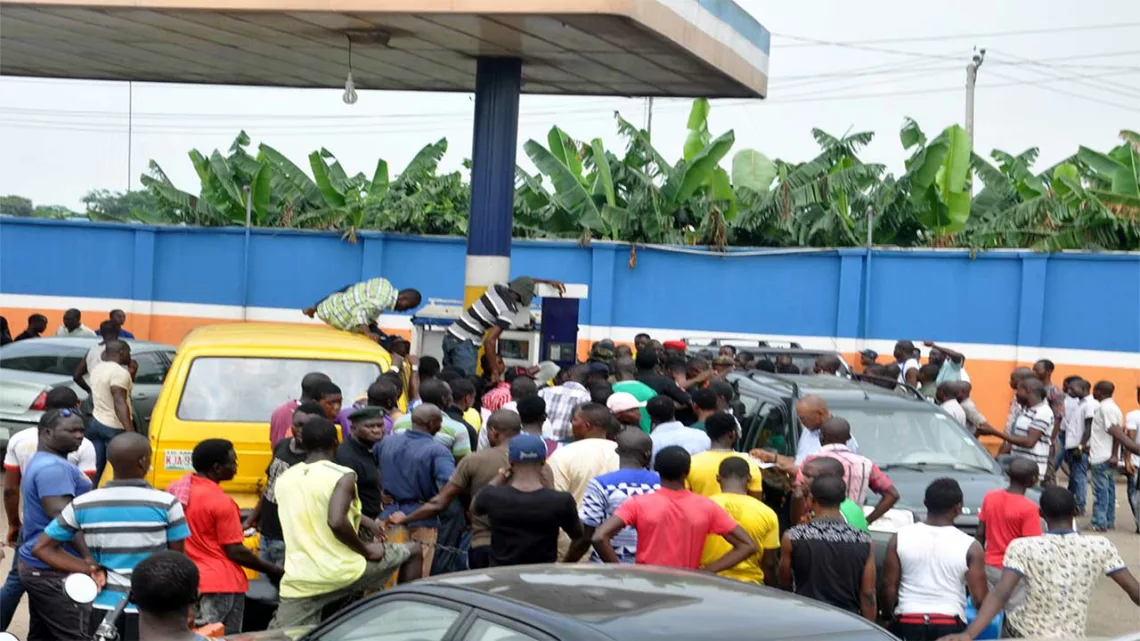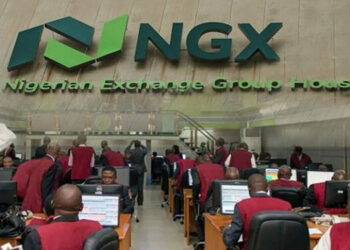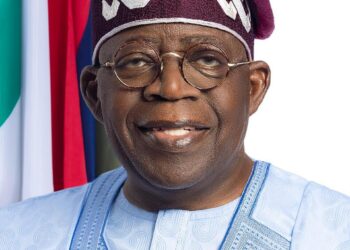Despite claims made by the Nigeria National Petroleum Corporation (NNPC) Limited that all fuel issues have been resolved, fuel scarcity persists in Lagos, Ogun State, Abuja, and some other parts of the country which has led to the hike in transportation prices.
NATIONAL ECONOMY observed that motorists and okada riders are doubling their fares as most filling stations closed their doors, while those that remained open often refused to serve individual customers and motorists, resulting in frustrated motorists patronising black marketers who stood along the way, selling for as high as N1,500/per liter.
This abrupt increase in transport charges have added to the burden faced by commuters who are already grappling with the challenges posed by the ongoing scarcity.
NATIONAL ECONOMY reports that intensified queues are observed at filling stations along Abuja Airport Road, Lugbe, and Nasarawa-Abuja Road with fuel stations inflating petrol prices for as high as N780 to N850 in Abuja and N850 to N900 per liter in Lagos in locations such as Maryland, Ikeja, Agege, Iyana Ipaja, and other outskirts of Lagos.
Recall that on Thursday, the spokesperson for NNPC, Olufemi Soneye, issued a press release in Abuja, stating that all factors responsible for fuel scarcity had been resolved, and there is an excess supply of petrol in the country.
“The Nigerian National Petroleum Company Limited (NNPC Ltd.) wishes to clarify that the tightness in the supply of Premium Motor Spirit currently being experienced in some areas across the country is as a result of logistics issues and that they have been resolved. It also wishes to reiterate that the prices of petroleum products are not changing. It urges Nigerians to avoid panic buying as there is a sufficiency of products in the country,” the statement read.
However, despite these assertions made on Thursday, National Economy observed over the weekend and into the early hours of Monday that fuel scarcity continues to prevail across the country.
Responding to the widespread shortage of the product, the Public Relations Officer of IPMAN, Chinedu Ukadike noted that the prevailing scarcity of petrol could persist for an additional two weeks as the product is currently not available in the country, adding that it is a challenge sourcing it because most refineries in Europe are undergoing turnaround maintenance.
He said, “I also have it on good authority that most of the refineries in Europe are undergoing turnaround maintenance, so sourcing petroleum products has become a bit difficult. NNPC Group CEO has assured us that there will be improvement in the supply chain because their vessels are arriving. Once that is done, normalcy will return. This is because once the 30-day supply sufficiency is disrupted, it takes two to three months to restore it.”





